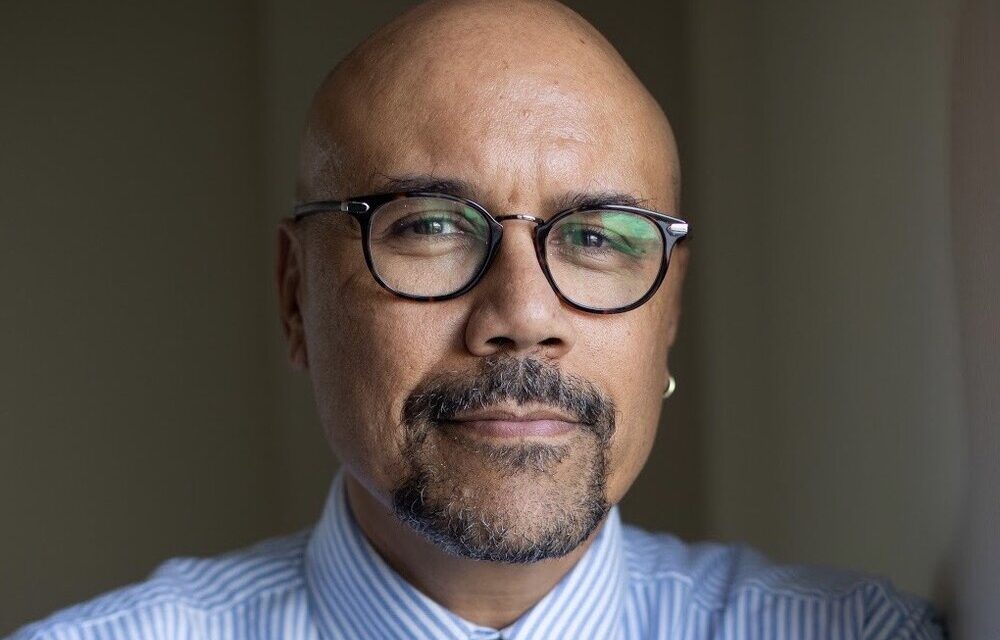By Karl Shallowhorn
One of the hallmarks of a therapist’s relationship with a client is empathy — the ability to understand and share feelings of another. Empathy is an essential component of 12 Step programs. Personally, I believe that the world needs a lot more empathy.
As someone who has lived with bipolar disorder for over two-thirds of my life (my first episode was in 1981), I have experienced many symptoms associated with both the manic and depressive side of this debilitating condition. Manic symptoms include excessive energy, sleeplessness, psychosis (which not all people with bipolar experience), and grandiose ideas. Depressive symptoms include fatigue, depressed mood, excessive sleep, loss of appetite, and inability to concentrate.
It’s hard to understand what it’s like to live with bipolar disorder unless you’ve actually experienced it. It can be a living hell. I vividly recall my last manic episode in 1995. I was delusional and thought I had Messianic powers. It was actually quite seductive, starting with hypomania (not having the full-blown symptoms of mania). It was during this time that I had the not so brilliant idea to go off of my anti-psychotic medication. When I was meeting with my psychiatrist, I asked if it would be okay to stop taking it. Her reply was, “It’s only a placebo dose,” because the dosage I was taking had no real therapeutic value. That’s all it took. Within a few days I was in a full-blown manic state. To complicate things, I’d been working as an addiction counselor at a local outpatient clinic and my wife Suzy was pregnant with our first child.
My manic high only lasted a week or so and then came the inevitable crash. Have you ever felt like the world was gray and you couldn’t climb out of a deep abyss of sadness and numbness? It’s the worst, and lasted for several months. I had to take a three-week family medical leave of absence authorized by the Family Medical Leave Act (FMLA) to recuperate. This was, and is hopefully, the last time I’ll ever go through this. I had experienced previous episodes where I took a bipolar detour, each with its own unique circumstances and all equally debilitating.
Fortunately, I have had a strong support system through mental health treatment from great therapists and psychiatrists who helped me to gain a better understanding of my condition. I have also had a great support system, consisting of friends, including many from my 12 Step program, and my phenomenal family — most notably my parents, wife Suzy, and daughters Sarah and Lillie. Without them, I certainly wouldn’t be where I am today.
So, before you pigeonhole people who live with bipolar disorder, or any other mental health condition, consider what it’s like to experience our world. When you do, you may be able to gain a better understanding of our struggles.
Karl Shallowhorn M.S., CASAC is a mental health advocate, speaker, and coach. He is the Director of Youth Programs at the Mental Health Advocates of WNY and President and Founder of Karl Shallowhorn Consulting. Learn more at www.shallowhornconsulting.com.












